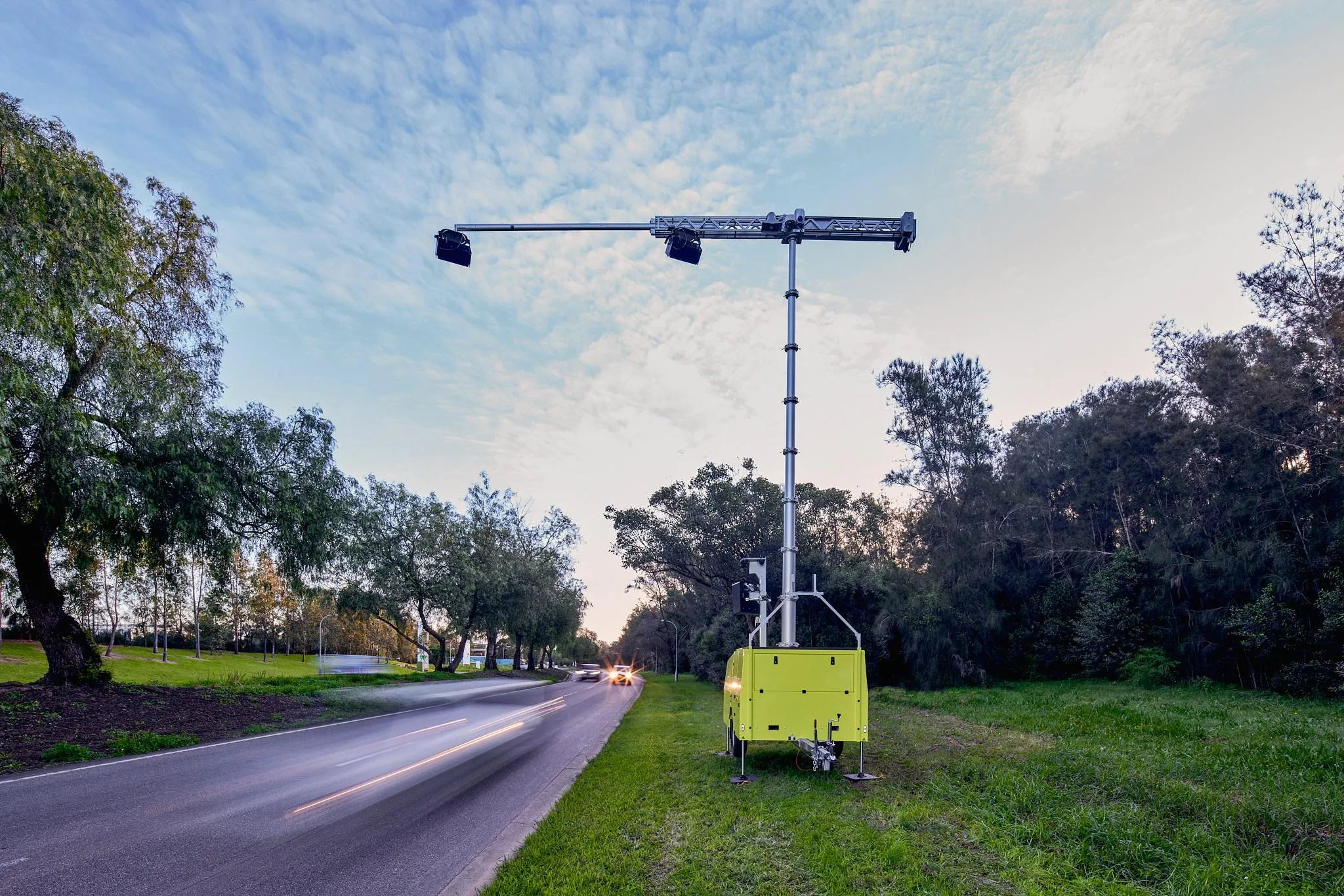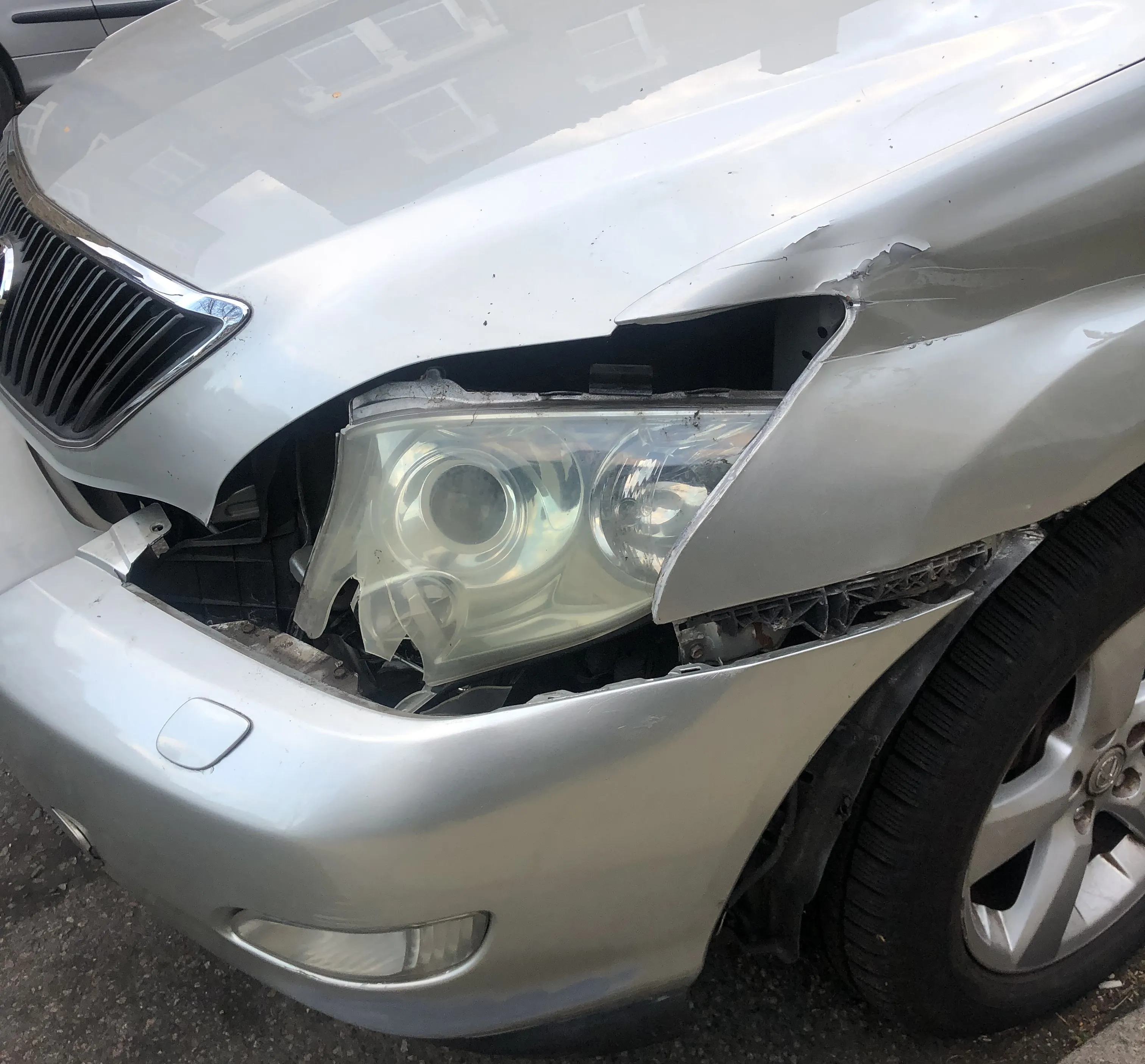A study carried out in France reveals that bad driving runs in the family. The research was carried out by IPSOS for the French road management group, Vinci. According to the study, parents have a greater influence on the driving behaviour of their offspring than driving instructors. The research was carried out with drivers aged 18-25, with 65% saying that the way their parents drive provides a strong influence on their own driving habits. This extends to speeding, drink driving and road rage incidents. It
November 17, 2016
Read time: 1 min
A study carried out in France reveals that bad driving runs in the family. The research was carried out by IPSOS for the French road management group, Vinci. According to the study, parents have a greater influence on the driving behaviour of their offspring than driving instructors. The research was carried out with drivers aged 18-25, with 65% saying that the way their parents drive provides a strong influence on their own driving habits. This extends to speeding, drink driving and road rage incidents. It is not clear from the study if it also includes distracted driving as separate research shows younger drivers to be more likely to use cellphones at the wheel than older drivers.








